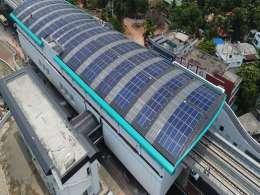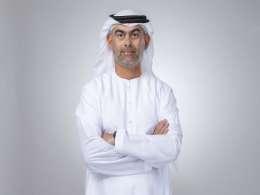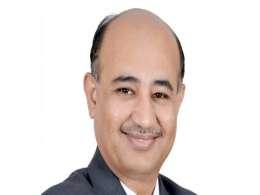Is infrastructure more about financial engineering than physical engineering? The house was divided on that one at the lead panel of the VCCircle ICICI Bank Infra Investment Summit 2010, with participation from 250 delegates, that deep-dived into some of the core issues concerning the power and transport sectors of the Indian infra story.
It turns out that organizing finance (equity and debt) is not such a bottleneck for the right infrastructure project which rides on the back of strict timelines and impeccable execution capability. In a session, very engagingly steered by ICICI Bank general manager Sanjeev Mantri, panelists representing the wide canvas of Indian infrastructure — GMR Group (diversified infrastructure major with airports, power and highways) CFO A Subba Rao, Patil Rail Infrastructure (railway track solutions) executive chairman L S Patil, AMR Constructions (mining, irrigation and construction) CMD Mahesh Reddy and IL&FS Investment Managers Krishna Kumar—touched upon challenges, opportunities and unique business nuggets. Here are some key takeaways:-
Financial closure is relatively a lesser bane: GMR Group CFO A Subbarao is of the view that financing or money flows into the right opportunities. “If you create the right opportunity, there is plenty of money available. No viable infrastructure project has failed on account of non-availability of funds. It has failed because of execution lapses and lack of preparation work,” he adds. Citing an example, he said, “to build the airport, we have used 150,000 tonne steel, 4 lakh sq ft glass, 650,000 cement with materials accounting for 70% of total cost. For Delhi airport, we had to interact with 70 agencies. The challenges of physical execution are more critical.”
Execution outside is easier: GMR, which had developed the Istanbul airport in Turkey in 18 months much ahead of its schedule, feels that it is far easier to work overseas. Although the firm remains India-focussed, it is open to look at SAARC and emerging countries particularly in the airport space. “We will look at countries with strong political and judicial system, greenfield development potential and returns higher than what we get in India,” Subba Rao says. But the other entrepreneurs on the panel feel there is still enough and more opportunity in India. “We got a lot of opportunities abroad but are satisfied with those in India,” Reddy says.
Hot sectors: Krishna Kumar of IL&FS predicts that sectors such as ports, urban transport, water and waste are in for interesting times. IL&FS has investments in port, roads, telecom, power and rail (Pipavav Rail corp). “With a lot of municipalities talking of privatizing waste, we see a lot of potential in these sectors,” he says. GMR, which has been an early bird in power, roads and airports, continues to stay bullish on these though it feels it missed out on two key
sectors, ports and telecom. “Telecom is not the right place to get in now. An opportunity sequence was available in all the sectors we got in,” Subba Rao says. Patil Group is keen to spread itself across all rail-based infrastructure be it urban transport to port rail connectivity.
Shedding Major Stake To Enhance Value: Grants Investments-backed AMR and One Equity Partners-backed Patil Infrastructure have diluted a major stake to grow scale in their respective sectors, mining services and rail infra. Mahesh Reddy candidly says, “We started as a family business. In 2006, we raised PE and divested almost 49%. Letting go a significant equity was a choice that helped us scale. By diluting 49%, we are valued at Rs 2,000 crore. Having lesser stake with greater valuation is better than 100% with lower value. Without dilution we could not have reached this far.” L S Patil of Patil Infra, which diluted stake in 2007, too agreed. “Looking at the growth and opportunity, we had to scale capacities and bring world class technologies. Capital was core. We also had to take a call on growth or promoter equity,” Patil says.
Infra needs a time-keeper: Infrastructure projects typically suffer from huge time and cost over-runs on account of delays due to execution lapses and regulatory challenges. According to IL&FS Krishna Kumar, “If there are delays, IRRs go down drastically. Once a project is readily cooked, you will find finance for it. It achieves financial closure. The investing community relies on the promoter’s ability to execute, get clearances, finish it in a timely manner and thereafter operate it.”





